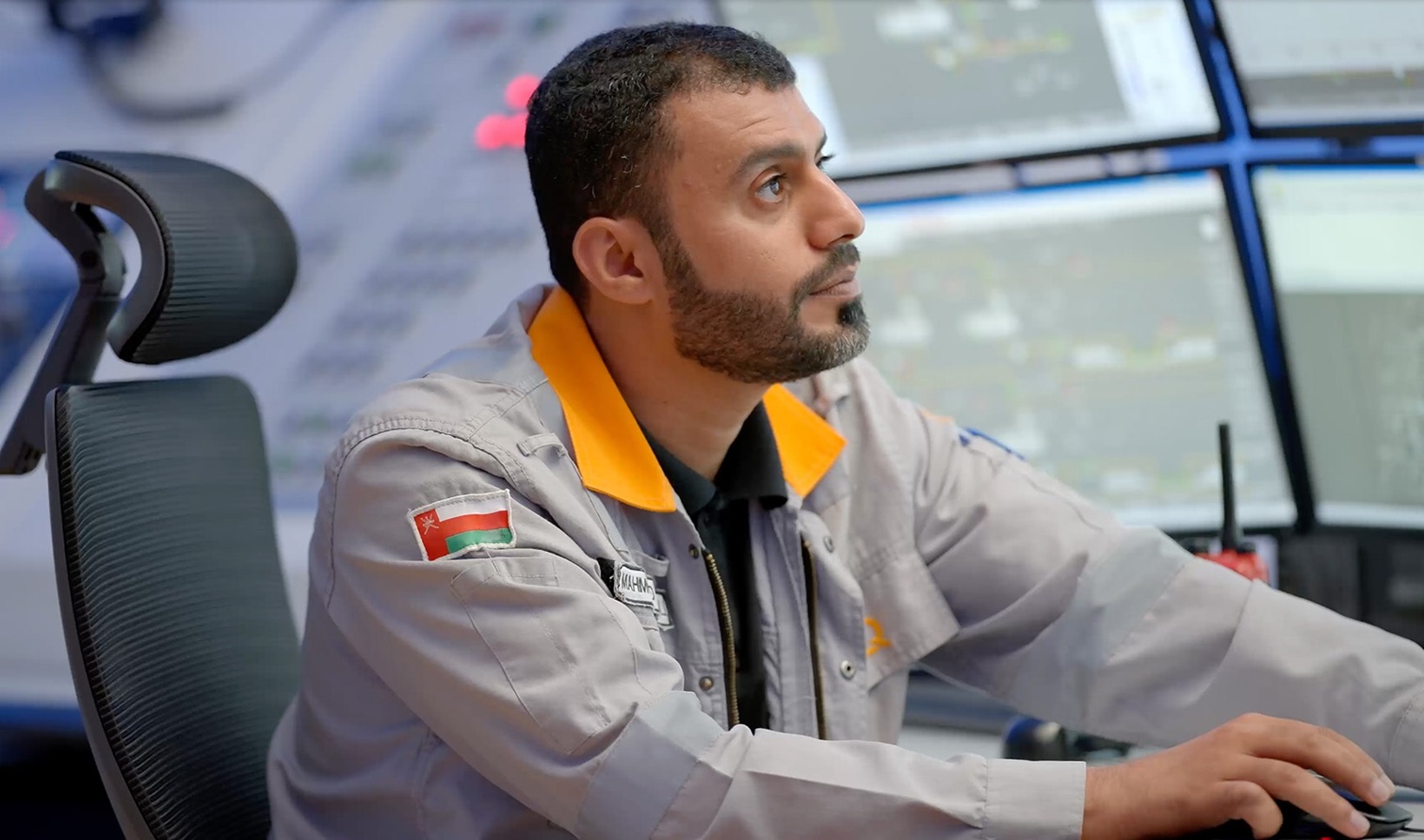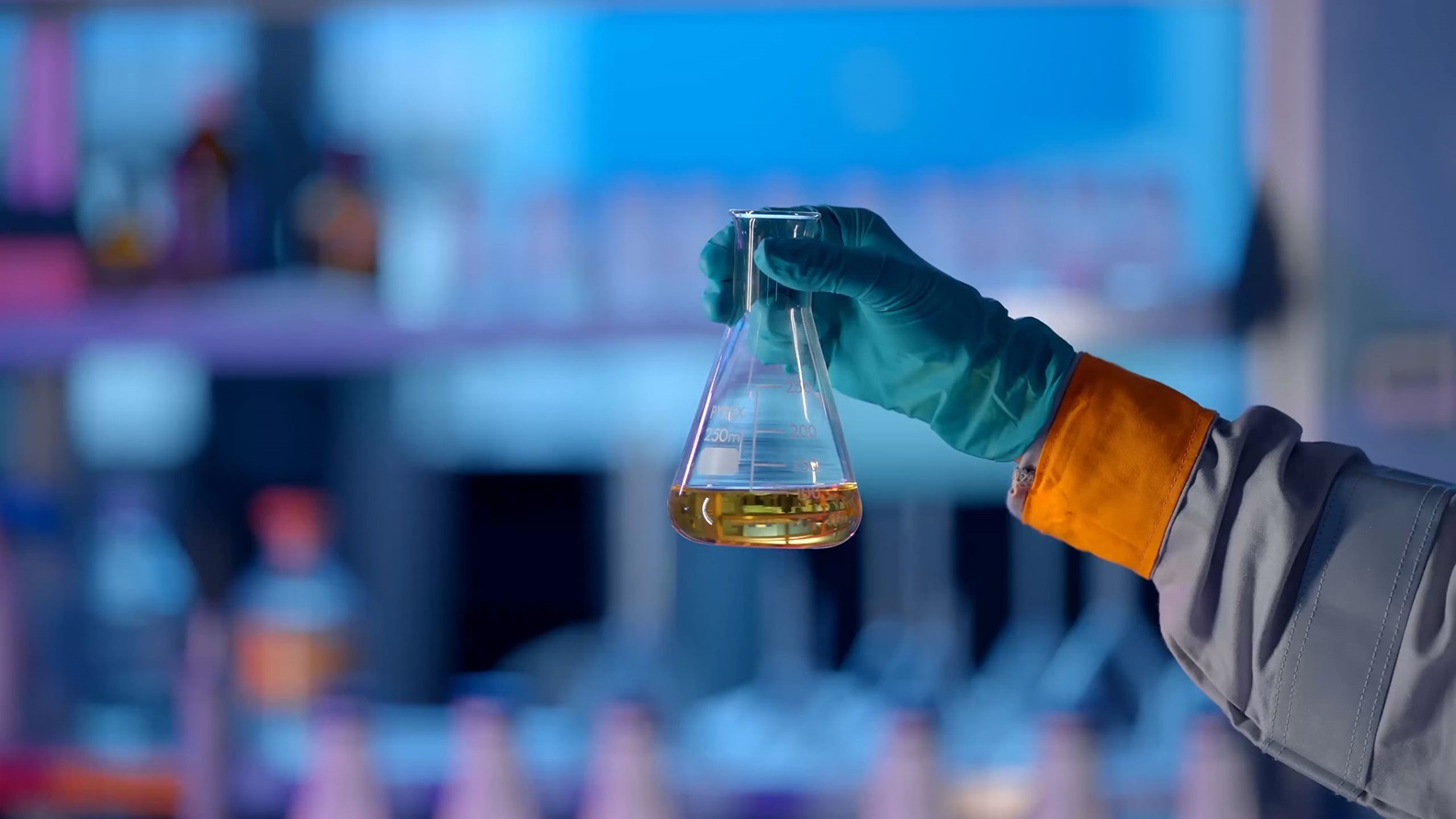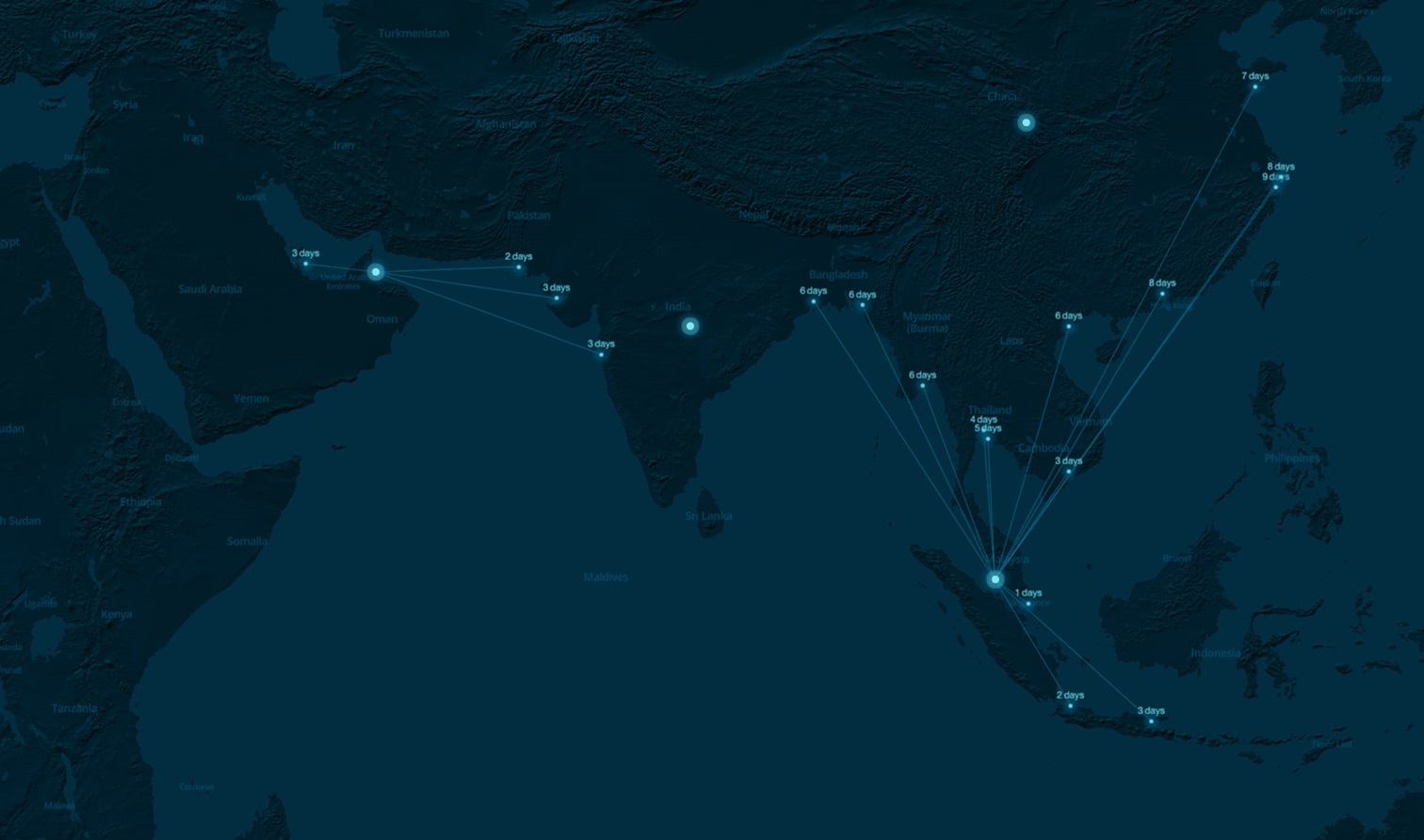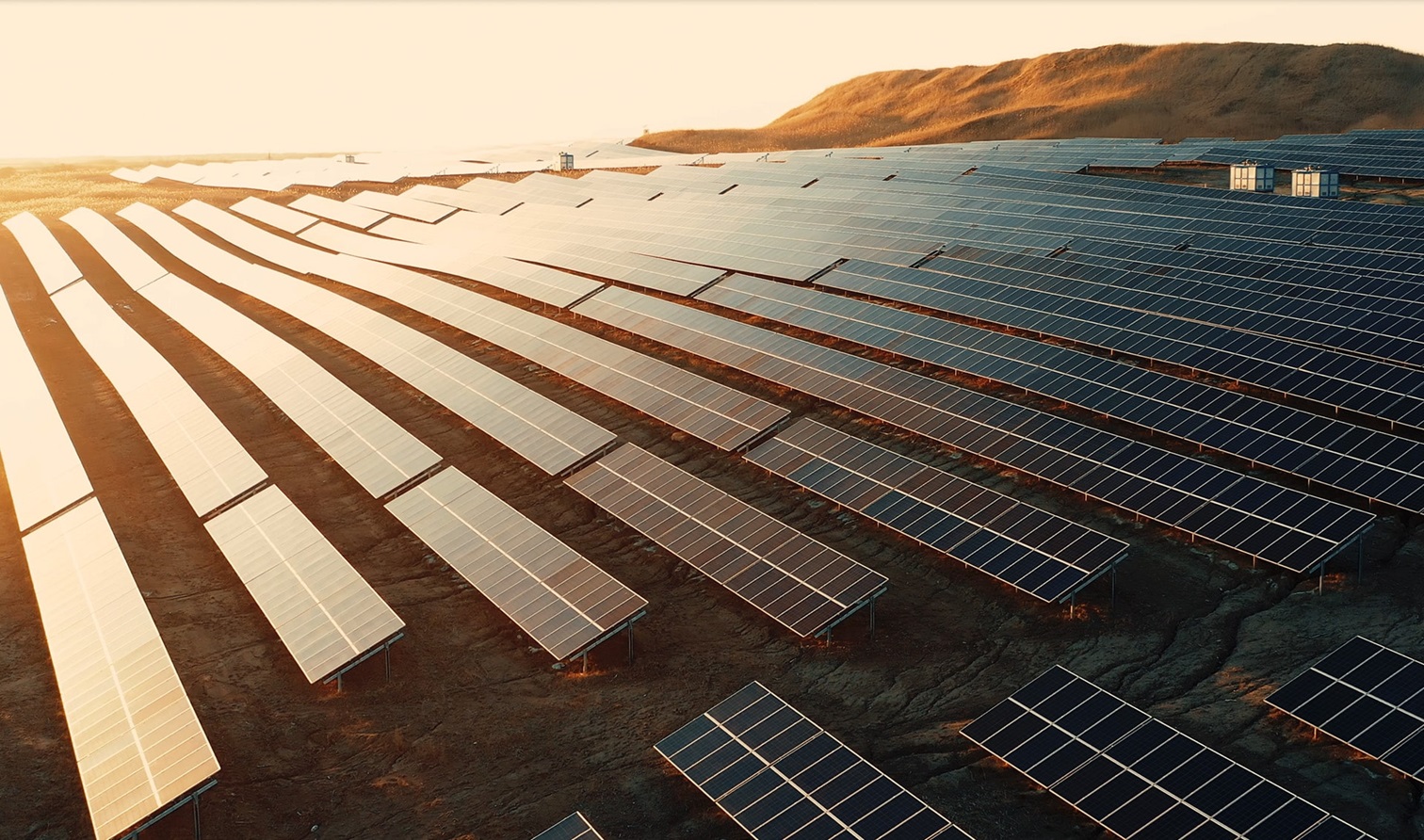Global Integrated Energy Group
We manage energy investments across the entire value chain—from exploration to distribution.
Annual Report
Our Growth and Impact
Our dedication to excellence has enabled us to achieve remarkable milestones, from expanding our portfolio to delivering exceptional results.
Our Passion for Progress
We create innovative solutions to address the challenges of today and tomorrow, guided by our core values to make a lasting, positive impact.
We are an Energy Transition Enabler Based in Oman
Our strategy
Our Investments are Secure and Sustainable
growth projects
Sustainably Efficient in Exploration and Production
Upstream
OQ's downstream business represents an essential link in our integrated value chain
Downstream
We are the National Champion for Renewable Energy
Alternative energy
We strive to contribute towards the national Net-Zero goal by 2050
Sustainability at OQ
Our HSSE Frameworks Create a Safer Workspace
Health and safety
Commitment to Community Empowerment
Social investment
We Invest in the Growth of our People
Careers

Press release
Corporate
Oman Launches a New Era of Clean Energy with the Arrival of Its Largest Wind Turbines Peaking at 200 Meters Muscat – Sultanate of Oman
November 25, 2025

Press release
Corporate
Downstream
Upstream
OQ Strengthens Its Role in Advancing Oman’s Gas Sector Transformation with Five Strategic Agreements and a Memorandum of Cooperation
November 02, 2025

Press release
Corporate
OQ Enables Duqm's Growth Journey through $10+Billion Strategic Investment Shaping the Future of Industry and Energy in Oman
October 24, 2025
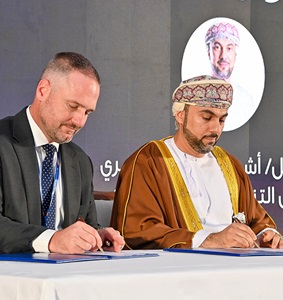
Press release
Corporate
OTTCO and ROYAL VOPAK sign strategic agreement to establish a joint venture in the Special Economic Zone at DUQM
October 23, 2025

